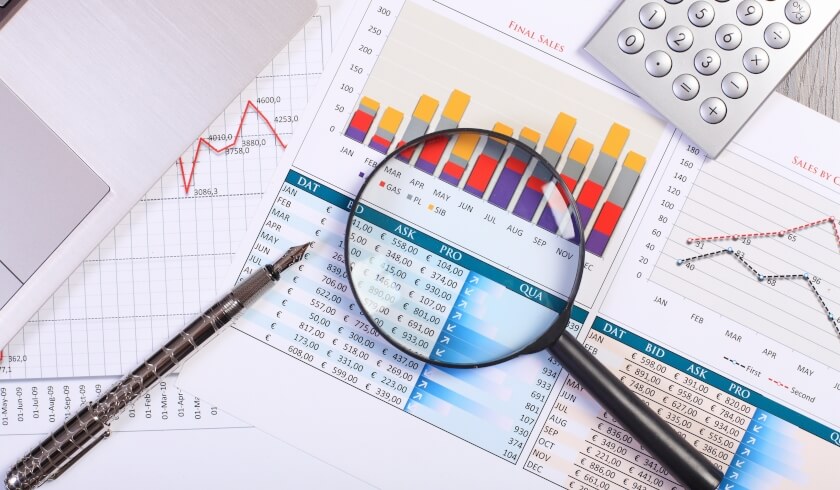What a ‘yield-driven’ market means for property investors

Economist Dr Andrew Wilson said that, while it’s business as usual in the property market, investors would do well to prepare for the fundamental changes about to occur as the market approaches a ‘new era of certainty and predictability’.
“We're going to go through a period of settlement and the uncertainty in our housing markets, make no mistake. It will accelerate until we hit sort of ground zero or rock bottom, but I don't think we're going to have any cataclysmic fall in price,” he highlighted.
One of the elements that would change as the property market moves towards a new level of normality is the way investors generate income through their properties.
According to Dr Wilson, this period of change might just see the ‘end of the era of property hotspots’.
“The margin between gross yields and deposit is now the widest it's ever been. Gross yields for property has been quite stable and hasn't reacted to any change in the underlying cost of money—it's sort of immune to the vagaries."
“The highs and lows of capital growth have always been a hook to investors. The cycle always rises on the back of speculative investors wanting to get in on higher prices, but if we take that roller coaster ride out of it, residential investment offers tremendous positives in the form of yields that are highly tax-advantaged.
“If you're an investor, you must start thinking a little bit more about the yield opportunities rather than the capital growth opportunities, which aren't going to be a lot different from capital city to capital city. I think the era of the hotspot is probably behind us to some extent,” the economist explained.
Interest rates
Moving forward, the yield-driven market can only be capital growth-driven once again if the market sees a significant increase in interest rates, not lower than two per cent, Dr Wilson said.
However, to raise the current 1.5 per cent interest rate by two per cent would be ‘extremely fanciful’ as the market has not seen an increase of such an extent in more than two years.
According to the economist: “We would need to have a booming economy or an Australian dollar around twenty cents for that to occur, and that's not going to happen.”
“We are very fortunate in this country because we have a very strong and diversified economy, but even though we have strong migration, we’re still a very small country. We're always going to have too much demand and not enough supply in this country.”
“Going forward, the circumstances for higher interest rates would only occur if we had a massive boom and that's not going to happen.”
As the market changes, investment success will rely upon the ability of the investor to make the right adjustments to their strategies based on the new landscape.
Certainly, for the smart investors, it’s all business as usual.
Chasing yield
Despite the low-growth state of the market, investors are strongly advised to continue seeking opportunities to capitalise on the market.
In a yield-driven market, there will be less desire for turnovers and more focus on building a substantial portfolio, according to Dr Wilson.
Moreover, there will be high chances of corporate involvement in residential property investment.
The economist said: “Yield is always an important factor in corporate asset investment. As the rollercoaster is taken out of residential investment, they can then start focusing on yield return over the medium- to long-term.”
“There’s still a lot of question marks over the global economy and the performance of our equity markets, but property, particularly residential property, will be viewed as a safe haven. There will be more of a ‘blue chip scenario’ because you're taking out the highs and lows of the cycle.”
Dr Wilson believes that Australia will see ‘certainty and predictability’ in the property market and the national economy moving forward.
While extraordinary ‘boom-level’ returns are unlikely to be seen anytime soon, investors can expect four to five per cent return on their investment, as well as substantial capital growth and yields up to three per cent.
His final advice for investors: Educate yourself and seek the guidance of professionals to continue thriving in the ‘new market’.
“The changes, really, are in the nature of that asset class and, I think, it's a positive and, in a way, a bit of a lifesaver against this grinding low-growth economy. Just open the door when opportunity knocks,” Dr Wilson concluded.
Tune in to Dr Andrew Wilson's episode on The Smart Property Investment Show to the unpack the potential of the changing Australian property market.
